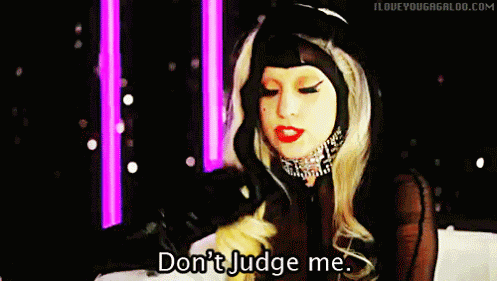Gut-based hiring: is it the right way to go? 🤔
- Christina - Spark Back Coaching

- Apr 2, 2025
- 2 min read
Hiring the right #talent has become increasingly challenging. There are fewer roles, but the stakes are higher - every new #hire needs to make a real impact.
#AI has made it easier for candidates to perfect their resumes and interviewing techniques but, at the same time, making it harder for hiring managers to assess their real job-related skills and potential.
As a result, according to a recent Korn Ferry study, 24% of companies identify finding the right skills as a top challenge for 2025.
So, it's not surprising that a lot of hiring managers rely on gut-feeling to make hiring decisions. After all, in a lot of cases, it has worked well before. Right?
Well, here's the problem: gut instinct is often just bias in disguise.
The bias trap in hiring decisions
Even the most experienced hiring managers aren't immune. We tend to favor candidates who "feel right" because they remind us of someone we trust, speak with confidence, or share a common background. That's not good hiring - that's unconscious bias at play.
👉 The hidden biases that influence hiring decisions (in examples):
▶️ Affinity Bias: They went to the same school as me - they must be great!
▶️ Halo effect: They sound so confident and self-assured. I'm sure I can trust them with anything!
▶️ Horns effect: This person's handshake was weak. Are we sure we have the right person for this job?
▶️ Confirmation bias: I knew this person would nail the interview. After all, we come from the same city.
▶️ Contrast effect: I doubt anyone else will impress us as much as this last candidate did.
The cost of biased hiring
The problem with bias? It leads to missed opportunities and bad hires. You might overlook a great candidate because they don't "feel" like the right fit or choose someone who does, but for the wrong reasons.
That said, gut instinct isn't all bad. It can be useful when assessing #culture add (not culture fit) or evaluating soft #skills that are harder to measure. The key is knowing when to trust your intuition and when to challenge it.
👉 How to avoid bias & use your gut the right way
1️⃣ When in doubt, add structure
Start with structured interviews and skills-based assessments to ensure every candidate is evaluated fairly. Once you've gathered objective data, then consider your gut instinct.
2️⃣ Bias spot checks
When you feel strongly about a candidate, pause and ask yourself why. Do they remind you of someone? Are you favoring confidence over competence? A quick self-check can help separate instinct from bias.
3️⃣ Defensible decisions
If you can't clearly explain why a candidate is the right choice using objective criteria, data, and concrete examples, then your decision is likely gut-based. A good rule of thumb? Hiring should be 80% structured evaluation and 20% intuition. Use your instincts to refine a decision, not to make it from the start.
Quick takeaway
Let data lead, let your gut refine, and you'll hire right nearly every time 😉
What strategies do you use to keep bias out of your hiring process?





